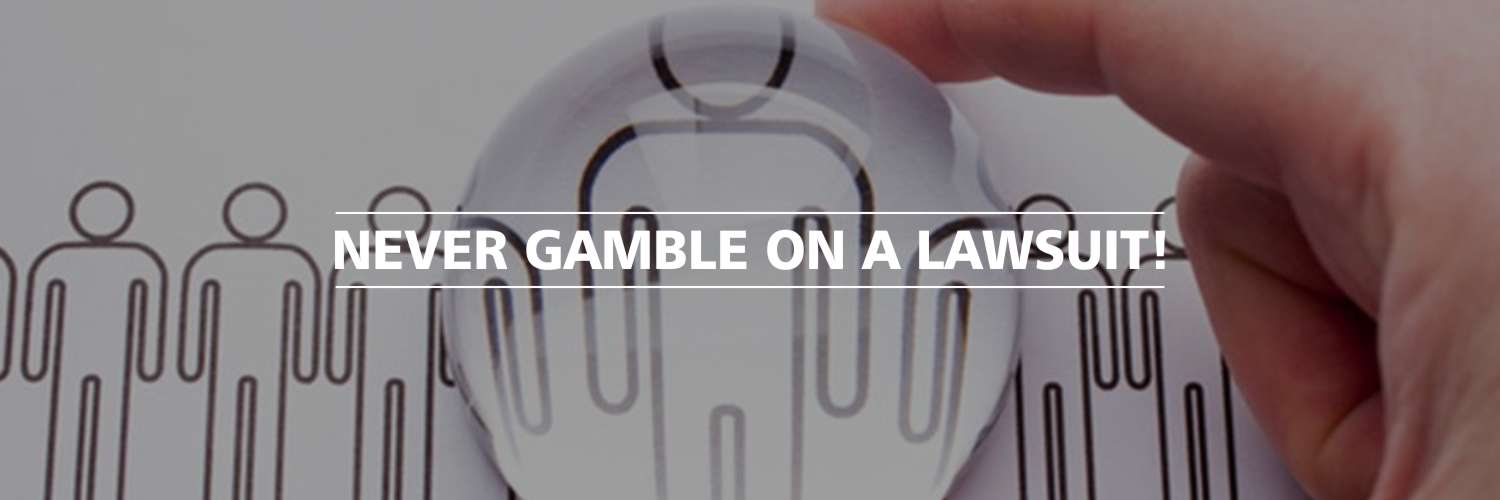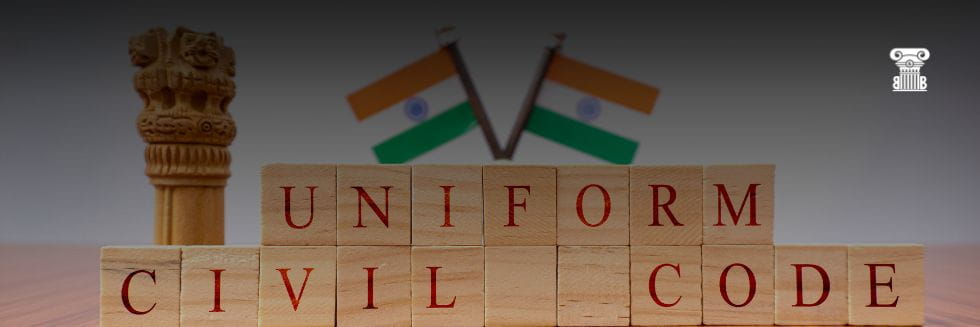Your choice of a lawyer directly reflects in the result of your case.
How can a layman know if the lawyer is bad?
Yes, there’s a catch. A novice can’t judge an expert you’ll say.
Well, not really. Laymen can conduct a five-point check to test and find the suitable lawyer for themselves:
1. Is the lawyer well-read, and well-experienced in similar matters?
Get to the point and ask the lawyer straight about the applicable law and its suitable interpretation in your matter. Once you’re satisfied, ask the lawyer of their experience in handling matters of similar nature (don’t take a mere ‘yes’ for an answer). As lawyers can be masterful at bluffing, try to get into the details of how the lawyer has previously handled a case of similar nature. When the lawyer is finished narrating, ask for the copy of the order to confirm the genuineness.
If in case the lawyer tries to avoid, find another!
2. Is the lawyer well-acquainted with the legal procedure?
Again, ask straight about the legal procedure involved and see if the lawyer knows it correctly and is guiding you right. If you need to crosscheck the procedure, you may go to our SERVICES page and get an idea of the applicable legal procedure in various law domains. You can also seek the help of your relatives, friends, the internet or any other law professional in your group who you think knows the procedure well.
If you’re still in doubt, you may send your query to us at info@bnblegal.com
3. Is the lawyer well-oriented with the fundamental principles of law, the constitution, and the Natural Justice?
This is the most important domain where a lawyer should be tested. Without the accurate knowledge and understanding of the fundamental principles of law, the constitution, and natural justice, a lawyer is nothing better than a vegetable. These three are the core foundation of a good lawyer. But how can a lawman test the knowledge of the lawyer in this domain, is a critical question to answer. The only possibility here is for the layman to act smart ask the lawyer about his infringement of rights as per the constitution and natural justice and inquire about the remedy as per the principles of law.
4. Is the lawyer a bold writer, and a fluent orator?
While you don’t have to effort to test a lawyer for the oratory skills and fluency once you have the audience, but, you must ask the lawyer for their best of the write-up to be able to judge their comprehension and expression capabilities. Read the draft carefully and see if the lawyer appeals to you. If not, find the one who does. If the lawyer cannot appeal to you, chances of appealing to the court are much less.
5. Is the lawyer dedicated, hardworking, honest & empathetic?
There is no actual way of testing the quotient of honesty and empathy in a lawyer, but, you can consciously observe the response of the lawyer to your problems and can instinctually know the level of empathy the lawyer has. As far goes an estimation of depth in lawyer’s character, you’ll have to scrutinize the solutions proposed by the lawyer for their moral and ethical correctness. If you find the lawyer being quirky or street-smart, or proposing candy-like solutions, don’t hesitate to look for one who’s more grounded. As far goes the question of dedication and hard work, that has to be accessed by asking for a draft to study.
One thing is sure, mediocrity exists because there are takers. Till the time you’ve pledged to give yourself to the exception, no one can pull you down except for your own self.



